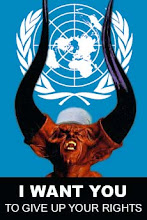 Ancient philosophers thought wind, water, fire and earth were the most basic elements of the cosmos, but the study of the small has since grown up. Physicists continue to carve the known universe into particles to describe everything from magnetism to what atoms are made of and how they remain stable. Yet striking similarities in the world of quantum mechanics, as the study of particles and their forces is known, has led to a one of the most important questions in modern science: Is there a single theory that can describe everything?
Ancient philosophers thought wind, water, fire and earth were the most basic elements of the cosmos, but the study of the small has since grown up. Physicists continue to carve the known universe into particles to describe everything from magnetism to what atoms are made of and how they remain stable. Yet striking similarities in the world of quantum mechanics, as the study of particles and their forces is known, has led to a one of the most important questions in modern science: Is there a single theory that can describe everything? "We understand a lot about the universe up to the first few energetic microseconds, but earlier than that our physics break down," said Mark Jackson, a theoretical physicist at Fermilab in Batavia, Illinois. "But those first moments are where the really interesting things happened."
If a theory can be designed to withstand the incredible energies of the early universe as well as incorporate gravity, Jackson said, then a universal theory of physics could become a reality.
==================================================================

















No comments:
Post a Comment